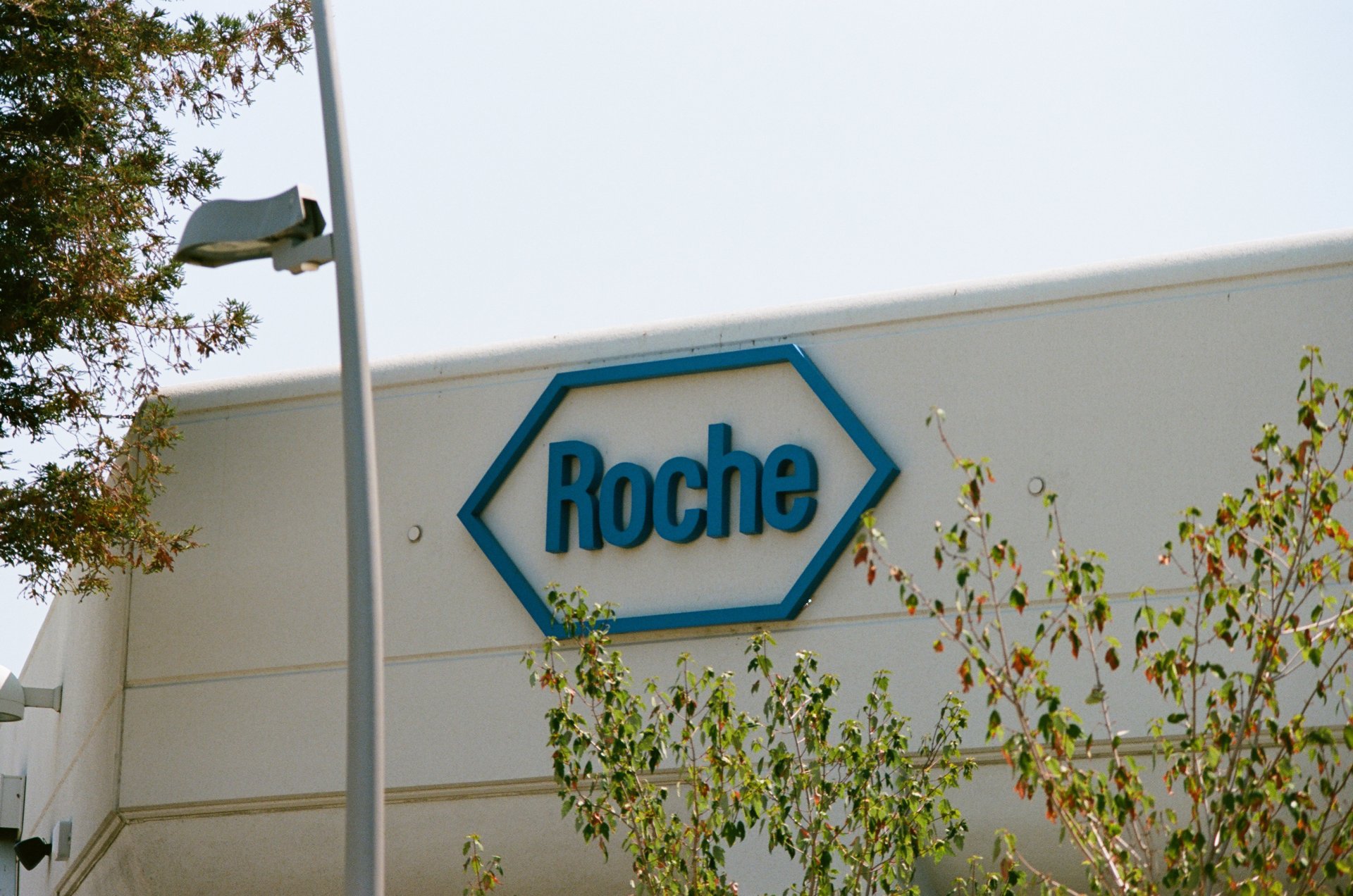New weight loss drugs could be developed much faster if Roche gets its way
With three new drug candidates from its Carmot Therapeutics acquisition, Roche is eyeing multi-billion dollar sales potential

Roche told investors on Monday that it plans to make significant cuts to both the cost and time it takes for it to develop new drugs, including its slate of experimental weight loss and diabetes medications.
Suggested Reading
At an investor event, the Swiss pharma giant announced its goal to reduce the average development costs of launched drugs by 20% and shorten the timeline from early drug discovery to the completion of phase 3 trials by 40% by 2030, according to a presentation posted on the company’s website.
Related Content
These targets include the company’s recently acquired weight loss treatments.
Roche is one of several pharma companies racing to break up the anti-obesity drug duopoly held by Ozempic maker Novo Nordisk (NVO) and Eli Lilly (LLY), which produces Zepbound and Mounjaro.
Morgan Stanley (MS) analysts anticipate the global market for these drugs, known as GLP-1/GIP treatments, will reach $105 billion by 2030. The medications work by mimicking hormones that regulate blood sugar and suppress appetite. They were originally used to treat type-2 diabetes, but have become highly sought after for their slimming side effects.
The 127-year-old Roche first entered the weight loss drug game earlier this year when it bought Carmot Therapeutics for $2.7 billion. The deal included three candidates, CT-996 — a daily pill — and the weekly injectables CT-388 and CT-868.
Roche said on Monday that together the three drugs have the potential to reach more than 3 billion Swiss francs ($3.6 billion) in annual sales.
In May the company said that patients taking CT-388 lost 18.8% of their weight on average after 24 weeks on the drug in a small clinical trial.
As a result, the company said in July that it is fast-tracking the development of its weight loss drug candidates. Its stock has risen over 37% since May.